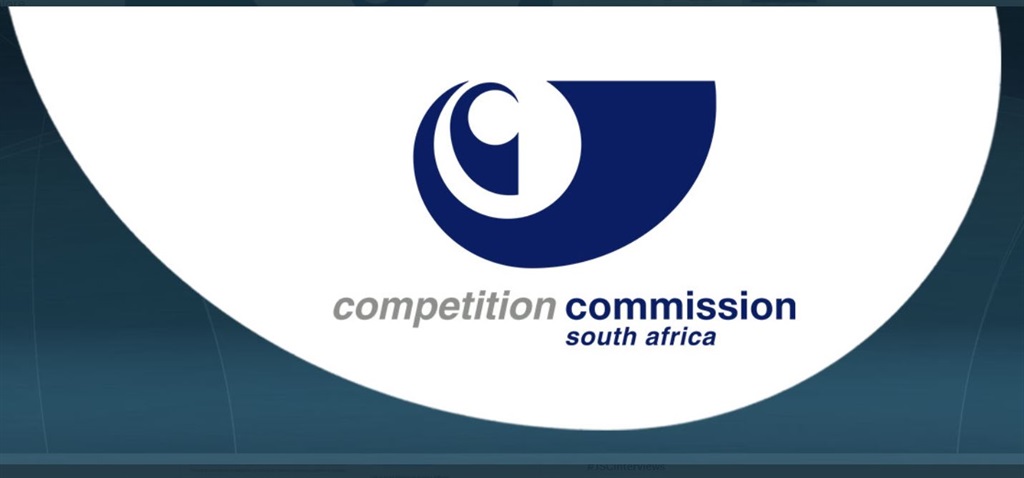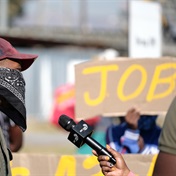
There were over 700 state-owned enterprises (SOEs) in South Africa, according to the 2012 report of the presidential review committee on SOEs. The Competition Act of 1998 is the legislation responsible for restraining trade practices that undermine a competitive economy. With so many SOEs with a dominant position in their respective markets, the attention afforded them by the Competition Commission has been limited at best.
That ought to change.
There is a need for a neutral competitive framework in South Africa to create a more competitive economic environment. This would necessitate the institutions created by the Competition Act treating all enterprises, irrespective of ownership, in the same manner. In other jurisdictions, such as the EU and the US, this is already the case. In the EU, Article 106 of the EU Treaty expressly outlines the paradigm of neutrality to be respected by regulators.
READ: Mondli Makhanya | Common sense failure
Practically, this means that, as much as private businesses in South Africa – most recently like the laboratories responsible for Covid-19 tests – are subject to the provisions of the Competition Act, so too should SOEs such as Eskom be subject to such provisions.
The Competition Commission has investigated and ruled against SOEs in the past. Even judicial precedent from the Competition Tribunal and Competition Appeal Court involves rulings against SOEs, including Telkom and SAA. The commission is already empowered by sections 3 and 81 of the Competition Act to investigate and make recommendations that bind the state.
READ: Analysis | How Zondo connected the Gupta dots
Section 3 states that the act is applicable to all economic activity happening within the republic, which will necessarily include the economic activity of the state. Section 81 states expressly that the act is binding on the state. These two provisions could be thought of as an equivalent of similar provisions in different jurisdictions, such as Article 106 of the EU Treaty.
Through the dominance of Eskom, an SOE, South African consumers have been subjected to much abuse, from blackouts to unending price increases. South Africans have no choice: they either use Eskom or go fully off the grid. Why? Because the market is wholly dominated and monopolised by Eskom through state legislation, regulations and a persistent refusal to license private players in the coal and nuclear spaces.
READ: Eskom: Government must alleviate pain of rising electricity costs
Recently there have been talks to end this monopoly by the executive, through measures such as independent power producers selling energy to Eskom or through the exemption of energy producers of 100 megawatts or less from certain regulatory burdens. There is an environment wherein the entry of new players is necessitated and facilitated by the executive due to the conditions Eskom finds itself in. Yet, the competitiveness of the electricity market in South Africa ought to be the purview of the competition authorities.
A competitive neutrality framework ought to be consciously adopted. Rather than seeing their duty as one of punitively going after private enterprises, the competition authorities ought to consider theirs a broad mandate concerned with the overall health of the South African economy, and a sound understanding of concepts such as “competition” and “contestability”. More often than not, said health is clearly compromised by an SOE, as is the case currently with Eskom.
READ: The Competition Commission gets ‘excessive pricing’ totally wrong
The abuse of dominance or, rather, anti-competitive behaviour, of SOEs is much more dangerous than that of private enterprises. The dominance of private businesses is always threatened by new entrants into the market when those businesses do not enjoy state regulatory or legislative protection. For SOEs, their dominance is not one achieved through market service, but rather compelled by the force of legislation. This means that, even when the dominant company is clearly no longer preferred by customers – think of Eskom or the Post Office that today seeks an enforced monopoly on light packages – there is no possibility of an alternative unless the state again acts to grant some concession here and there.
READ: Competition Commission gets private healthcare reform ball rolling
A competitive neutral framework would see equality before the law between all economic participants in South Africa, private or state. The necessity of a competitive economy in different fields, from electricity to mining, broadcasting, transport, etcetera, is exemplified by the Competition Act. There is a concession, manifested through such legislation, of the necessity for a competitive market.
As the conversation about the electricity crisis in South Africa continues, the authorities responsible for the competitiveness of our economy must enter the fray. A clear policy of competitive neutrality, beyond the outlined legislative provisions, is necessary.
Mthembu is a legal researcher at the Free Market Foundation. The views expressed in the article are the author’s alone.
| ||||||||||||||||||||||||||||||
 |




 Publications
Publications
 Partners
Partners










